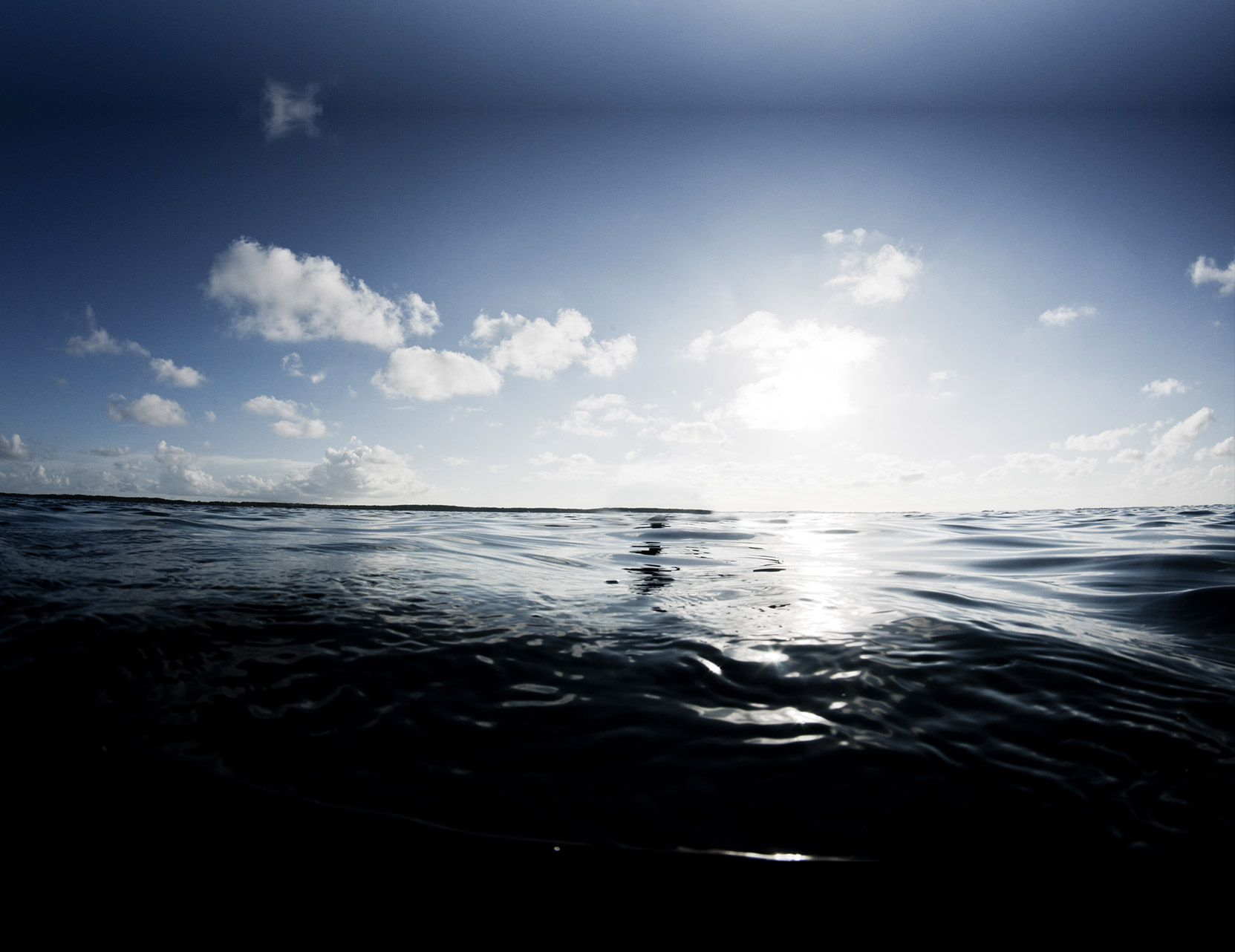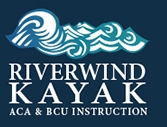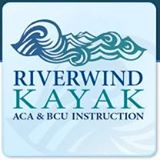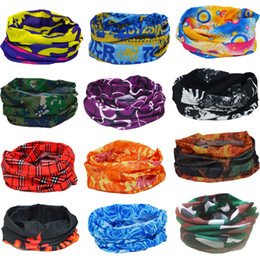Social Distancing for Kayaking
Safety First !!!
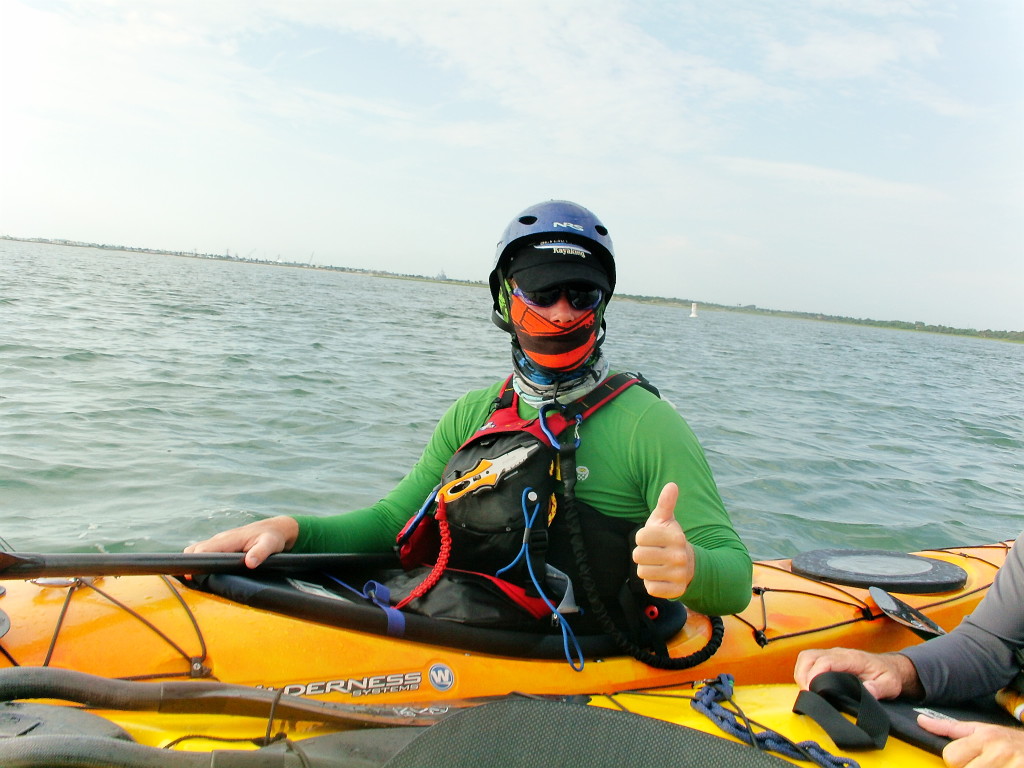
Yes , he covered his nose right after this picture was taken !!!
First, we will confirm that everyone is healthy—does anyone not feel well or are they exhibiting any signs of illness such as coughing, sniffles, flu-like symptoms, or a temperature of 100.4 degrees Fahrenheit (38.0 degrees Celsius)? Anyone displaying these signs/symptoms will not be allowed to continue and will be asked to leave immediately. Additionally, if anyone has recently visited any country with coronavirus travel restrictions to the U.S. or have been in contact with someone who has, they will not be permitted to attend.
Second, everyone has their own equipment throughout the course. To accomplish this when not all attendees have their own equipment, use a simple numbering system for every piece of gear. Everything gets a number. If it is from the “common” supplies, for example, a person would be given a bilge pump, tow rope, throw-bag, all with the same number on it. Their paddle, boat, life jacket (PFD), and helmet would receive a piece of duct tape to use with a marker to write the same number as their other gear has. The attendee is responsible for their equipment throughout the course, and they are the only one that uses it.
Due to the nature of inflatable paddle floats all students are to provide their own paddle float for the course and must have their identification on it. The same applies for whistles, every attendee provides their own.
Third, at the conclusion of the session (course/training) all equipment is cleaned before storage. Since there are two types of surfaces to be cleaned, porous and non-porous, there are two types of cleaners we are recommending.
Cleaning of “soft” goods/porous surfaces (e.g., life jackets, throw bags and ropes, tow ropes, inside of helmets, straps, etc.) are to be cleaned by being sprayed thoroughly with Lysol spray disinfectant, or an appropriate similar product, following the instructions on the label. Note that the only thing attached to the life jacket is the cord to tie the whistle to during the course.
Cleaning of “hard” goods/non-porous surfaces (e.g., helmets, paddles, boats, etc.) are to be cleaned by being sprayed with Lysol foaming disinfectant, or an appropriate similar product, following the instructions on the label. Special attention needs to be made for the cleaning of carabiners, buckles, and surfaces that are frequently handled.
Fourth, personal hygiene— Purell available for students to use before having lunch, when stopping for snacks, and after returning from tending to a biological need.
Fifth, No one should be closer than a paddle length to the next person. When on-land this usually won’t be a problem, it may mean we have smaller courses, larger meeting spaces. We will implement new ways of doing rescues in a “social distanced” manor .
Suggestions: to bring with you
- Face Buff
- Hand Sanitizer and Sanitizing Wipes
- Paddle Float (if doing rescues)
